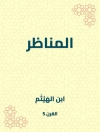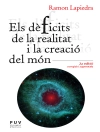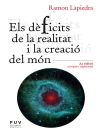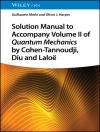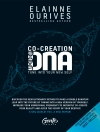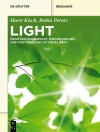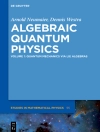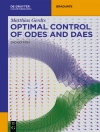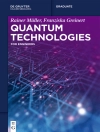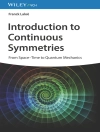This thesis uses the tools of quantum information science to uncover fascinating new insights about the intersection of quantum theory and relativity. It is divided into three self-contained parts, the first of which employs detector models to investigate how the information content of quantum fields depends on spacetime curvature and global spacetime topology. The behavior of Unruh-De Witt detectors on curved spacetimes are investigated, following which these detectors are used to probe the vacuum state of a scalar field in various topologies. This leads to a generalization of the entanglement harvesting protocol involving detectors in arbitrary curved spacetimes admitting a Wightman function. The second part extends the theory of quantum reference frames to those associated with noncompact groups. Motivated by the pursuit of a relational relativistic quantum theory where the group of reference frames is the Poincaré group, the author then generalizes a communication protocol between two parties lacking a common reference frame to the scenario where the group of transformations of their reference frame is a one-dimensional noncompact Lie group. Finally, the third part, inspired by theories of quantum gravity, generalizes the conditional probability interpretation of time, a proposed mechanism for time to emerge from a fundamentally timeless Universe. While the conditional probability interpretation of time is based upon conditioning a solution to the Wheeler-De Witt equation on a subsystem of the universe that acts a clock, the author extends this approach to include an interaction between the system being used as a clock and a system whose evolution the clock is tracking.
विषयसूची
Chapter1. Introduction.- Part1: Detectors in Curved Spacetimes.- Chapter2. Quantum Field Theory on Curved Spacetimes.- Chapter3. The Unruh-De Witt Detector and Entanglement Harvesting.- Chapter4. Unruh-De Witt Detectors in Quotients of Minkowski Space.- Chapter5. Unruh-De Witt Detectors in (2+1)-dimensional Black Hole Spacetimes.- Part2: Quantum Reference Frames.- Chapter6. Quantum reference frames associated with noncompact groups.- Chapter7. Communication without a shared reference frame.- Part3: Quantizing Time.- Chapter8. The conditional probability interpretation of time.
लेखक के बारे में
Alexander Smith received his Ph D from the University of Waterloo in 2017. He holds an NSERC Postdoctoral Fellowship, and a Junior Fellowship in the Society of Fellows, both at Dartmouth College.


